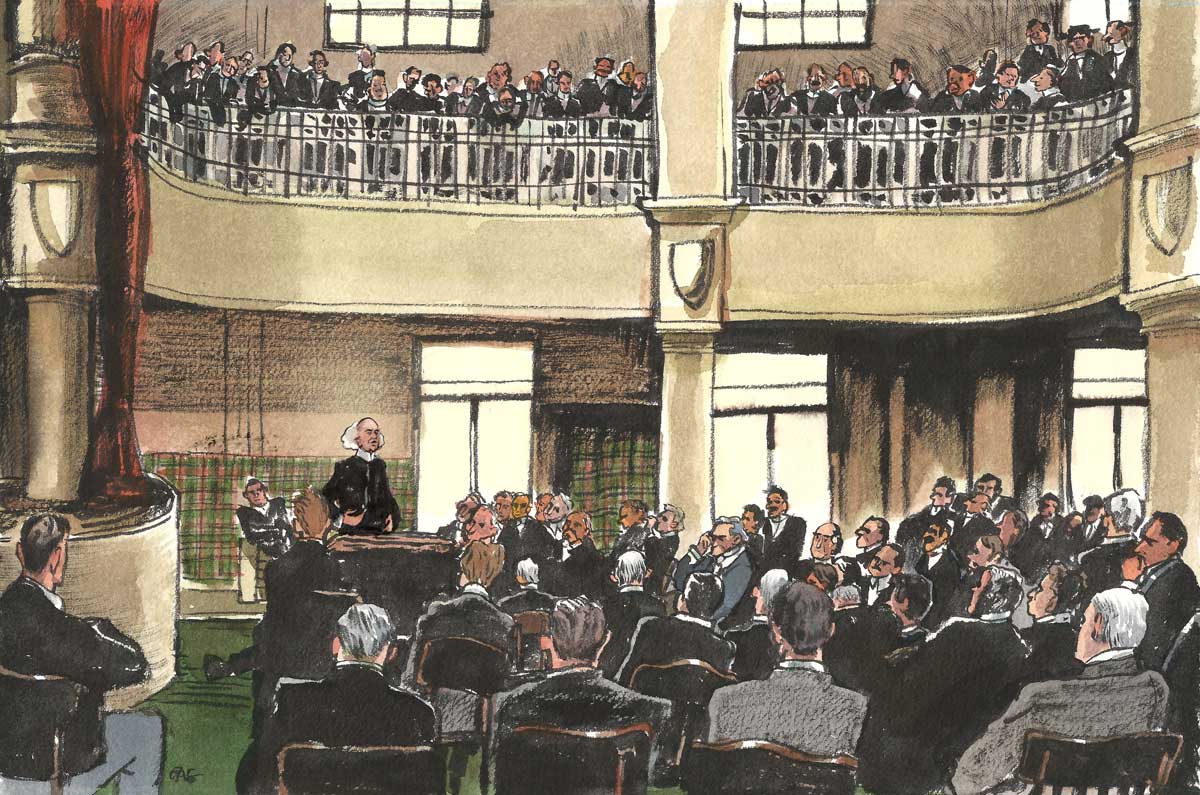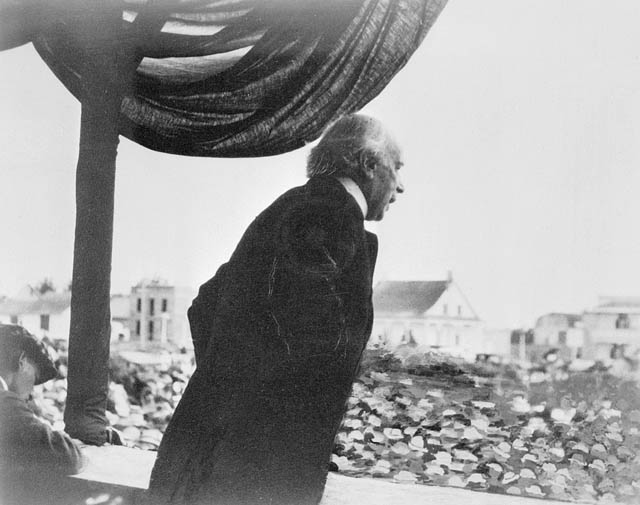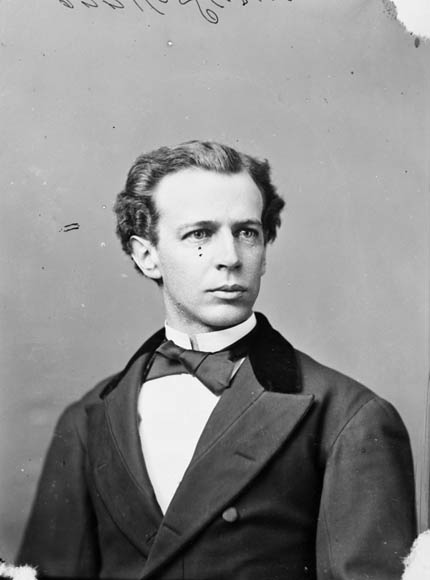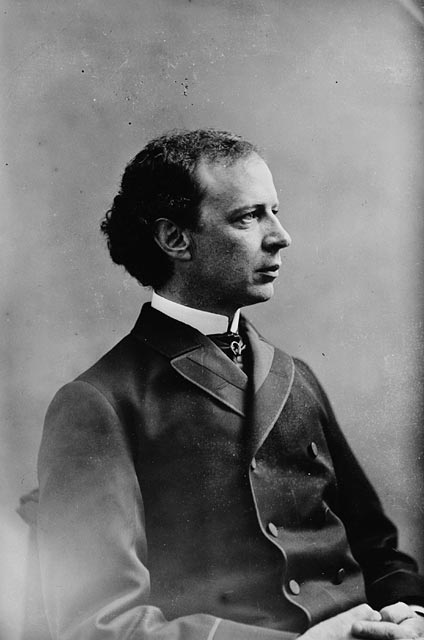Article
Wartime Information Board
Wartime Information Board, est 9 Sept 1942, succeeded the Bureau of Public Information, which had been formed early in WWII to issue certain information on the course of the war to the public. By 1942 the government believed that its troubles over CONSCRIPTION derived from inadequate publicity.











